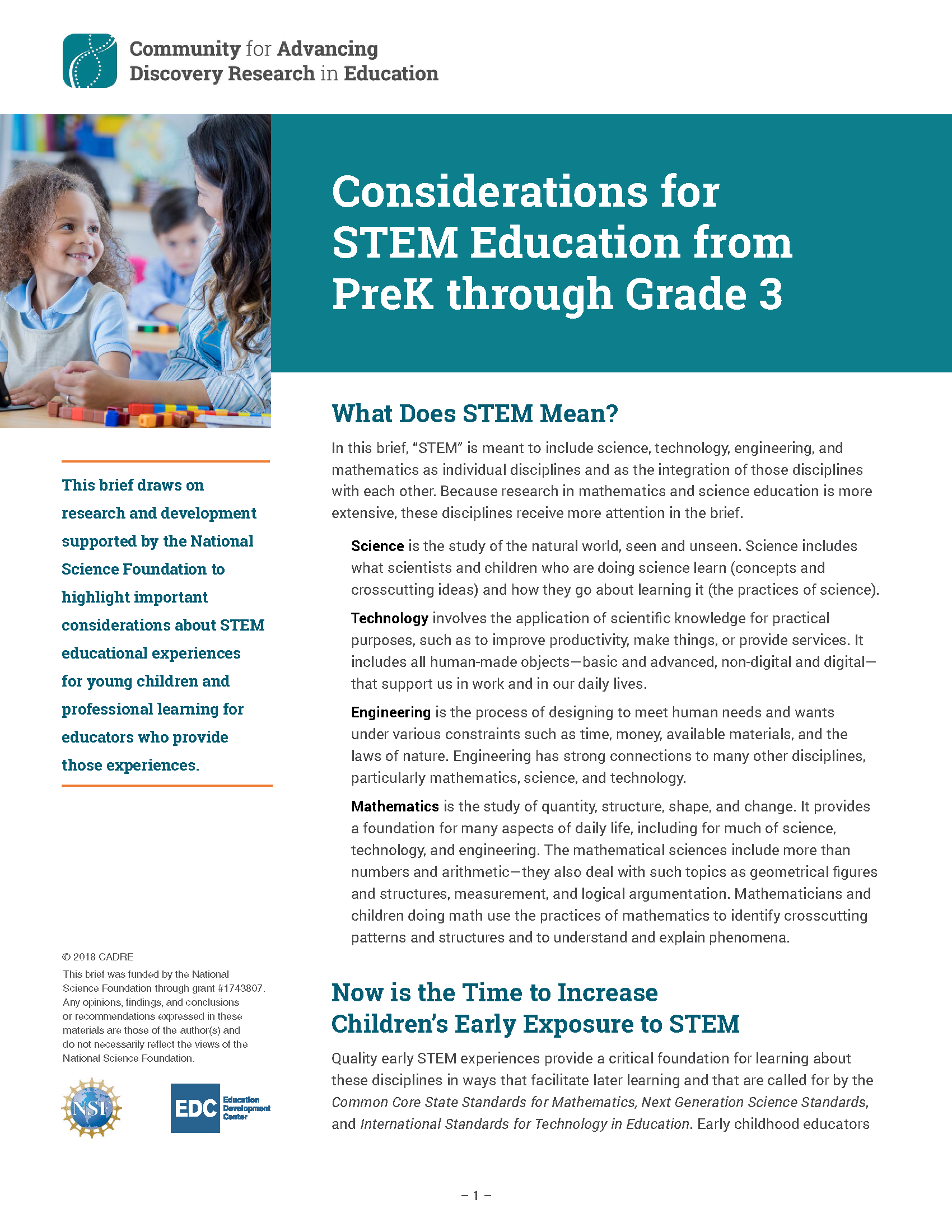Why and how do middle school students exchange ideas during science inquiry?
Science is increasingly characterized by participation in knowledge communities. To meaningfully engage in science inquiry, students must be able to evaluate diverse sources of information, articulate informed ideas, and share ideas with peers. This study explores how technology can support idea exchanges in ways that value individuals’ prior ideas, and allow students to use these ideas to benefit their own and their peers’ learning. We used the Idea Manager, a curriculum-integrated tool that enables students to collect and exchange ideas during science inquiry projects.
This study explores how technology can support idea exchanges in ways that value individuals’ prior ideas, and allow students to use these ideas to benefit their own and their peers’ learning.
